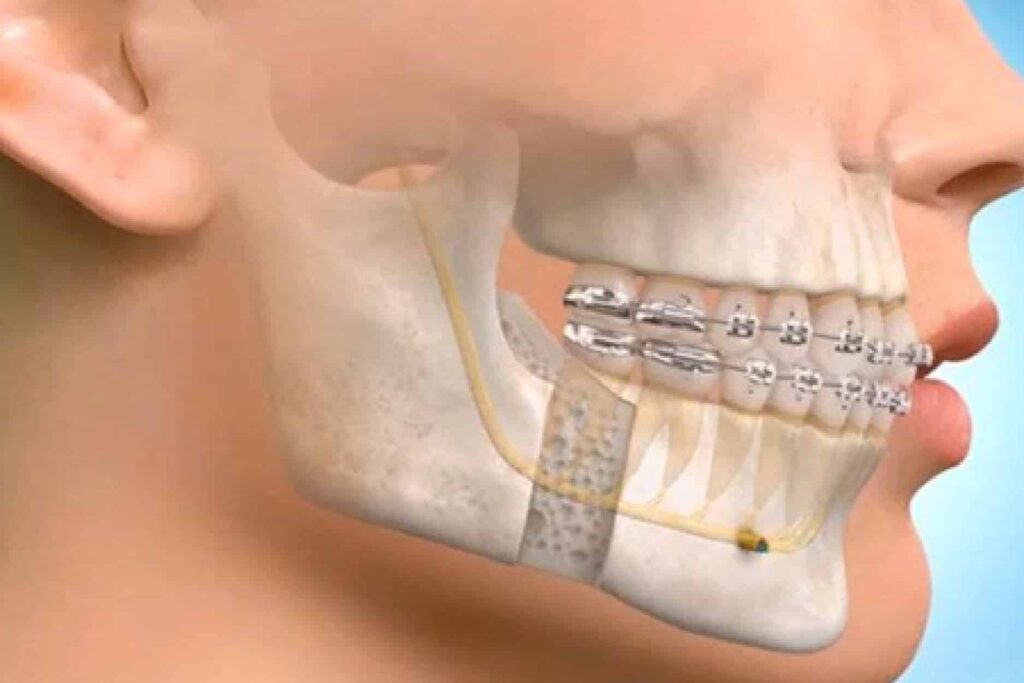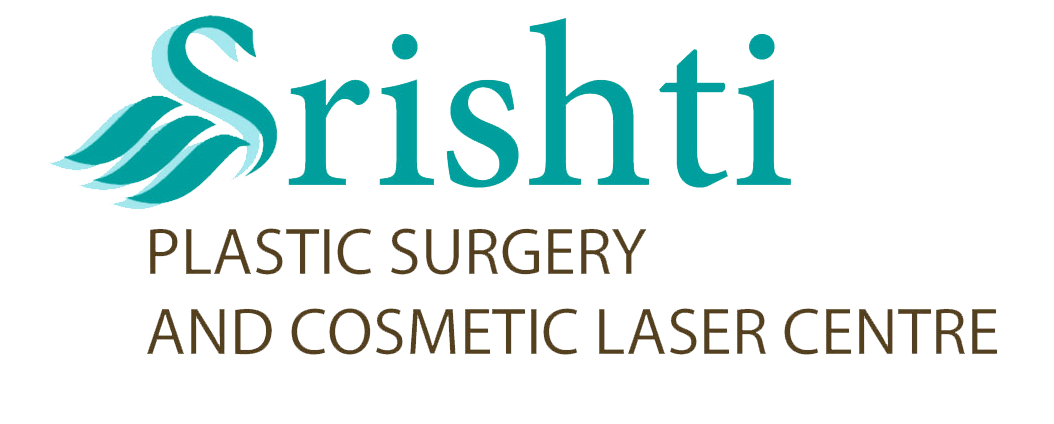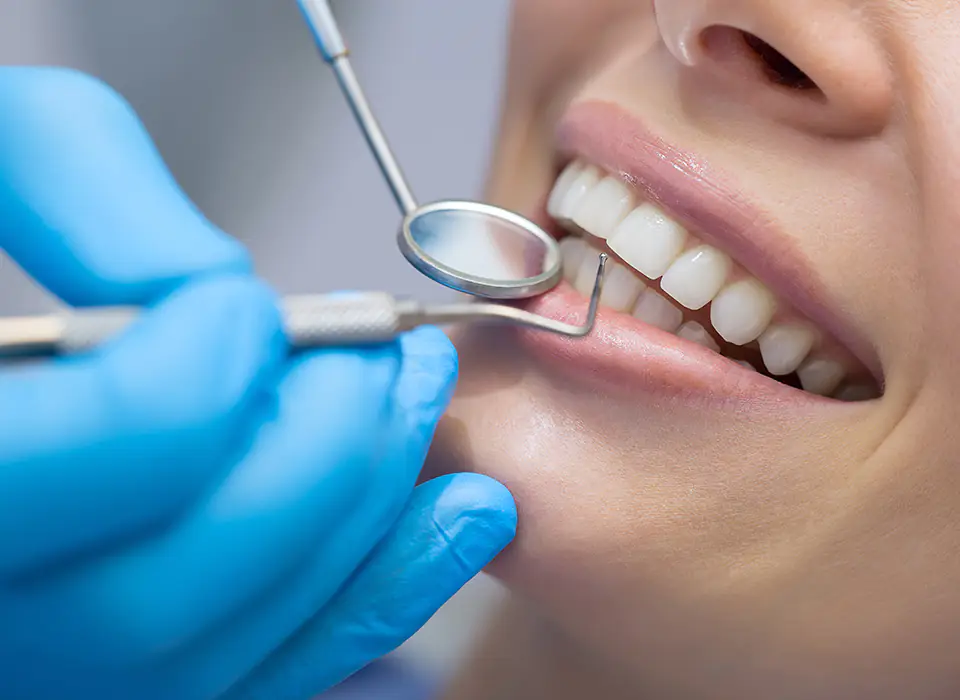Faciomaxillary
What is Faciomaxillary?
Faciomaxillary refers to the face and jaws (maxilla and mandible). The term is often used in the context of medical specialties such as oral and maxillofacial surgery, which deals with surgical procedures involving the face, mouth, and jaws. Faciomaxillary surgery may include procedures to correct facial deformities, treat facial injuries, remove tumors, and address issues related to the jaw, such as misalignment or temporomandibular joint (TMJ) disorders. These surgeries are often complex and require a multidisciplinary approach involving oral and maxillofacial surgeons, plastic surgeons, ENT specialists, and other healthcare providers. Examples of faciomaxillary procedures include orthognathic surgery (jaw surgery), cleft lip and palate repair, facial reconstruction following trauma or cancer surgery, and cosmetic procedures to enhance facial appearance.

Before Surgery:
Consultation: You will meet with your surgeon to discuss your medical history, goals for surgery, and any concerns you may have.
Pre-operative evaluation: Your surgeon will conduct a thorough evaluation, which may include imaging tests such as X-rays or CT scans, to assess your facial structure and plan the surgery.
Pre-operative instructions: You will receive instructions on how to prepare for surgery, including guidelines on eating, drinking, and medications.
During Surgery:
Anesthesia: You will be given either general anesthesia or local anesthesia with sedation to ensure you are comfortable and pain-free during the procedure.
Incisions: Your surgeon will make incisions in the appropriate areas of the face or jaws to access the underlying structures.
Surgical procedure: The specific steps of the surgery will depend on the type of procedure you are undergoing, such as jaw surgery, facial reconstruction, or tumor removal.
Closure: After the surgery is complete, the incisions will be closed using sutures or surgical staples.
After Surgery:
Recovery room: You will be monitored in a recovery room immediately after surgery to ensure you wake up safely from anesthesia.
Hospital stay: Depending on the extent of the surgery, you may need to stay in the hospital for a few days for observation.
Post-operative care: You will receive instructions on how to care for your incisions, manage pain, and when to follow up with your surgeon.
Follow-up appointments: Regular follow-up appointments with your surgeon will be scheduled to monitor your healing progress and address any concerns.
Faciomaxillary surgery is a complex procedure that requires careful planning . It is important to follow all pre-operative and post-operative instructions provided by your surgeon to ensure a safe and successful outcome.
FAQ
4-5 days
Gym or strenuous activity after two weeks
Need to maintain weight, proper diet, exercise to be followed.
How much fat can be removed?
Up to 5 litres of fat is safe limit more than 5 litres it is called as mega volume liposuction, it
can be done for selected candidates.
- Pain in surgery area
- Swelling
- Contusion
- Seroma
- Hematoma
- Altered sensation
Have Any Question?
Just Tell us. We are here to help you with everything.
- (+91) 94441 26126
- 0452-2539555, 0452 4506126
- srishticosmeticsurgery@gmail.com


